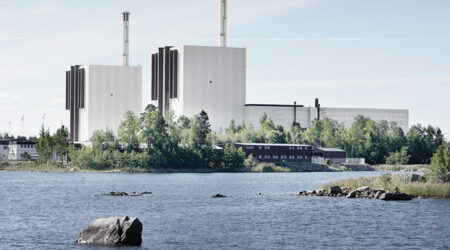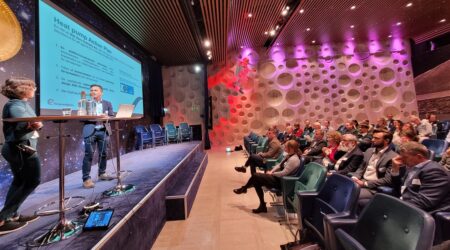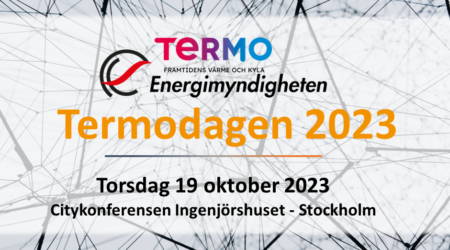
Pågående
Projektet Prema Heaps ska utveckla metoder för maskininlärning för att kunna förutsäga underhållsbehovet i värmepumpar, och därmed öka effektiviteten. Ett mål är att få fram algoritmer som är praktiskt användbara för värmepumpsproducenter och fjärrvärmeföretag.

Pågående
Projektet Thermflex ska med hjälp av AI optimera hur värmelager, fjärrvärmenät och elnät kan samspela. Förhoppningen är att det ska leda till ökad flexibilitet som kan bidra till minskat topplastbehov och bättre balansering av effektbehovet mellan olika energisektorer.

Pågående
Ecopack 1 satte världsrekord i utvunnen effekt från mängd köldmedium. Nu i Ecopack 3 är frågan: Hur konstruerar man en värmepump som innehåller max 150 gram naturligt köldmedium, så att den är effektiv i ett lågtempererat termiskt nät?

Pågående
Elektrifieringen ger en större tillgång på lågtempererad restvärme. Men kylvattnet från omvandlartransformatorer är i dag för kallt för att nyttjas direkt. Projektet Heatwise ska undersöka hur det kan lösas.
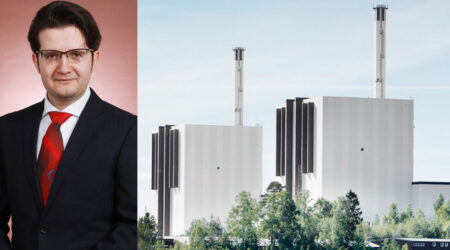
Pågående
Vilken roll spillvärme från små modulära reaktorer och traditionell kärnkraft kan spela i framtidens fjärrvärmesystem ska Rise undersöka i projektet Nuceheat. Analysen görs ur energisystemperspektiv på både lokal och nationell nivå.

Pågående
Hur ska värmeöverskottet från omvandlingen av el till vätgas, motsvarande fyra gånger Sveriges fjärrvärmeenergi, nyttjas bäst i framtida investeringar nationellt och på EU-nivå? Det ska Anders Wickströms projekt Hycogen 2 djupanalysera.

Pågående
"Framtidssäkra fjärrvärme" syftar till att öka förutsättningarna att utveckla försörjningsberedskapen inom svensk fjärrvärme. Det treåriga projektet bygger på en djupgående samverkan mellan näringsliv och akademi. I referensgruppen finns representanter för alla delar; produktion, distribution och användning.
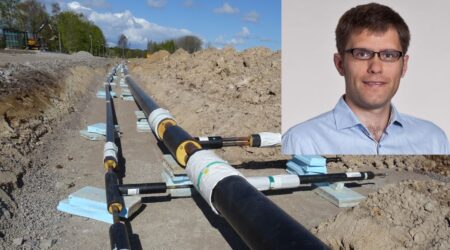
Pågående
I ett nytt bostadsområde implementerades ny fjärrvärmeteknik och systemlösning (4GDH). Bygget studerades av forskare vid Högskolan i Halmstad – som nu följer upp lågtemperaturnätet i ett nytt projekt. ”Vi ska analysera hur nätet rent praktiskt fungerar, tidigare har vi ju bara simulerat, och i slutet kommer vi presentera systemets egenskaper”, säger Helge Averfalk, universitetslektor i energiteknik.

Avslutad
Projektet ska utveckla ett högupplöst geografiskt informationssystem för att kartlägga potentialen för förnybara och återvinningsbara värmekällor. Sedan ska man försöka matcha värmekällorna med möjligheter till säsongslagring för att värma byggnader. Slutrapporten visar att Stockholm har stor potential.

Pågående
The project will accelerate the heating and cooling transition by facilitating the development of Geothermal 5th Generation District Heating and Cooling, Geo5GDHC, systems with climate-neutral shallow geothermal energy resources. It will also assist in the integration of heating and cooling in local and regional energy systems.



















